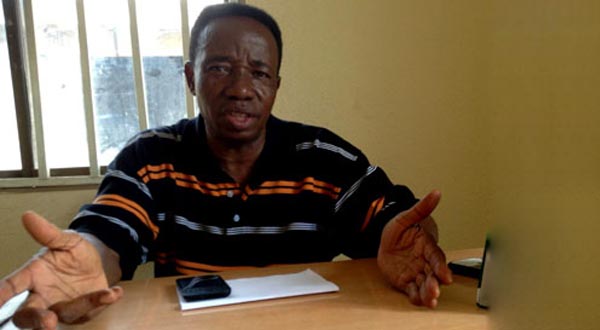The N67 billion budget presented by the Ekiti State Governor, Ayodele Fayose, to the state legislature recently has been passed into law after the Chairman of the House Committee on Finance and Appropriation, Hon. Jeje Samuel, presented the report of his committee on the budget scrutiny to the House at plenary on Tuesday.
According to the Chairman of the House Committee on Information, Hon. Gboyega Aribisogan, Jeje gave the breakdown of the approved budget as N42.1 billion for recurrent expenditure and N24.9 billion for capital expenditure.
Jeje added that the scrutiny was done by the committee in line with the laid down rules of the constitution and the Assembly.
According to the Finance Committee chairman, the committee’s actions were guided by the submissions of ministries, agencies and departments that appeared before the House to defend their estimates as well as the need to diversify the economy from sole reliance on Federal Allocation to exploitation of the state’s natural resources and widening of its tax base.
The committee recommended that the state Board of Internal Revenue and all other relevant bodies should work round the clock for aggressive revenue drive so as to make the budget achievable and realistic.
According to Aribisogan, the Deputy Leader of the House, Hon. Adeniran Alagbada, moved the motion for the adoption of the report, which was unanimously approved by all the lawmakers.
Speaking, the Speaker of the House of Assembly, Rt. Hon. Kola Oluwawole, said the approved budget would not only empower the people of Ekiti State, but also make life more meaningful for them.
Oluwawole, who tagged the budget as budget of reality, remarked that it was quickly passed by the Assembly because its members were involved right from its conception.
He thanked his colleagues for their active participation and quick passage of the budget, while expressing confidence that it would be fully implemented by the government.
Meanwhile, two other bills – the Ekiti State Kidnap and Terrorism (Prohibition) Bill, 2015 and Office of Public Defender Bill, 2015 – were also passed at the plenary.
Both bills were passed after the chairmen of the appropriate committees that looked at them presented their reports to the House.


